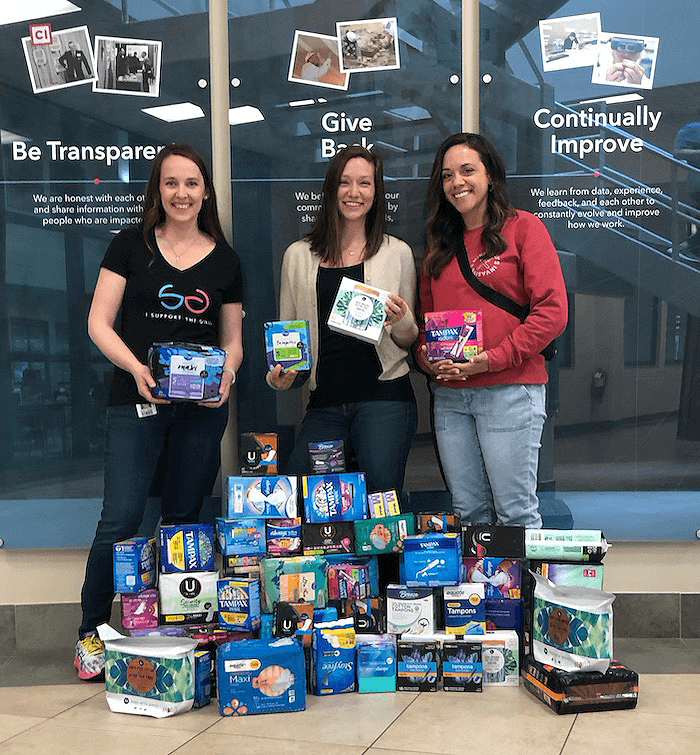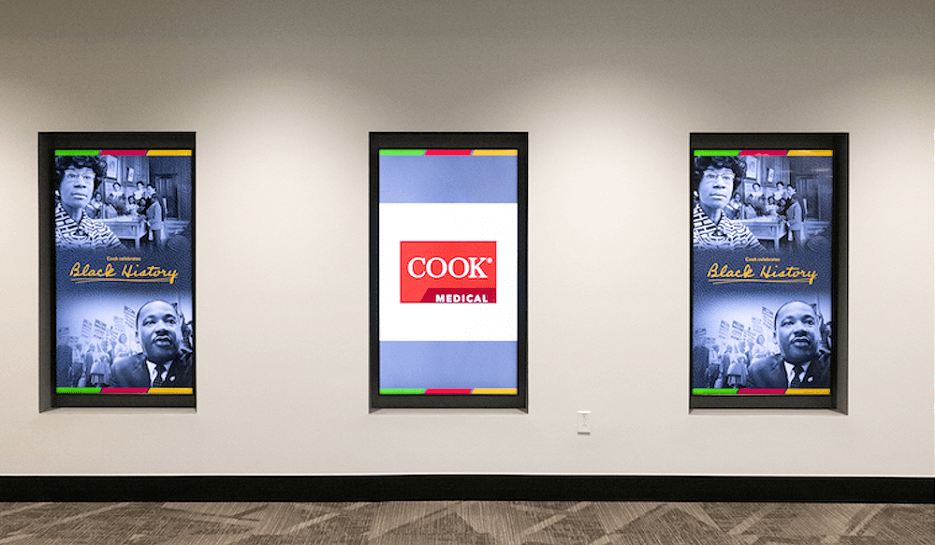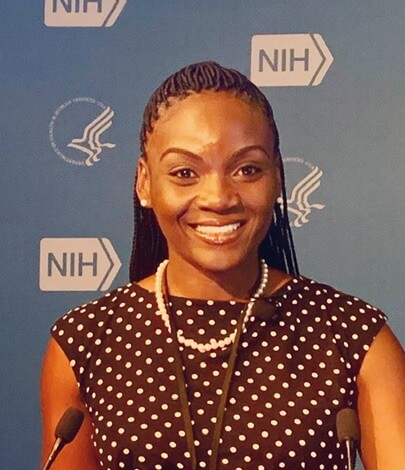Celebrating Women’s History Month with Cook Medical
March 29, 2023

In 1987, Congress declared March as National Women’s History Month. This month, here’s how we’ve been reflecting on the incredible contributions that women have made on the field of medicine, as well as current and future initiatives we are working on at Cook to open doors for women to continue to contribute to product innovation, leadership, and better patient outcomes.
By honoring the pioneers who paved the way
Women have contributed a great deal to the field of medicine. In the United States, Elizabeth Blackwell became the first female physician in 1849, after being rejected from ten medical schools. The school she attended had asked male students whether to admit her and they had agreed, believing they were being pranked.
She was closely followed by Rebecca Lee Crumpler, the first African American woman to earn an MD degree in the U.S. in 1864 and went on to provide medical care to formerly enslaved people after the Civil War, despite the racism and sexism she faced.
Many other women helped to pave the way in their respective fields, contributing valuable knowledge such as the co-discovery of the structure of DNA, discovering the enzyme telomerase which led to new cancer treatments, and the Apgar score, which is still used today to assess newborn health.
While not a physician, Gayle Cook played a big role in co-founding Cook Medical with her husband Bill. For the first year, she and Bill were the sole employees, with Bill building wire guides and catheters during the day and Gayle inspecting them in the evening for quality control. Once sales started rolling in, Gayle also took on the bookkeeping, invoicing, and correspondence. She used her fine arts background to create the signage Bill used in tradeshow booths. Outside of the business, Gayle became very involved in historic preservation around Indiana and was a founding member of the Monroe County Historical Society Museum, where she is still involved today.
By supporting representation for better patient care

Women in Otolaryngology General Assembly & Luncheon
Women have been historically underrepresented as physicians. Fortunately, the tides have begun to shift. The percentage of doctors who are women increased from 28% to 36% between 2007 and 2019, and in 2019, women made up a majority of medical school student for the first time ever, at 50.5%.
The rising numbers of women in the medical field are important because data from the Journal of the American College of Cardiology suggests better outcomes for female patients when their doctor is a woman.
Cook is working to be more intentional in supporting efforts to amplify women’s voices in medicine throughout the medical specialties where women have typically been underrepresented. This includes seeking out diverse voices for our educational and scientific programming opportunities, as well sponsorship and partnerships with the Endourological Society, Women in Otolaryngology, and Women in Endoscopy.
Additionally, Cook has partnered with several female clinicians on products, including Dr. Amy Thurmond on the Rösch-Thurmond Fallopian Tube Catheterization Set, Dr. Marguerite Shepard on the Shepard Intrauterine Insemination Catheter Set, and Kay Quick, NP, on the Thal-Quick Chest Tube. We are looking to work with more female physicians on projects, technology development, R&D consulting, and medical education courses.



 Black History Month displays at Cook Medical headquarters
Black History Month displays at Cook Medical headquarters
 Rendering of the new Indy Fresh Market grocery store, a Cook collaboration in Indianapolis
Rendering of the new Indy Fresh Market grocery store, a Cook collaboration in Indianapolis